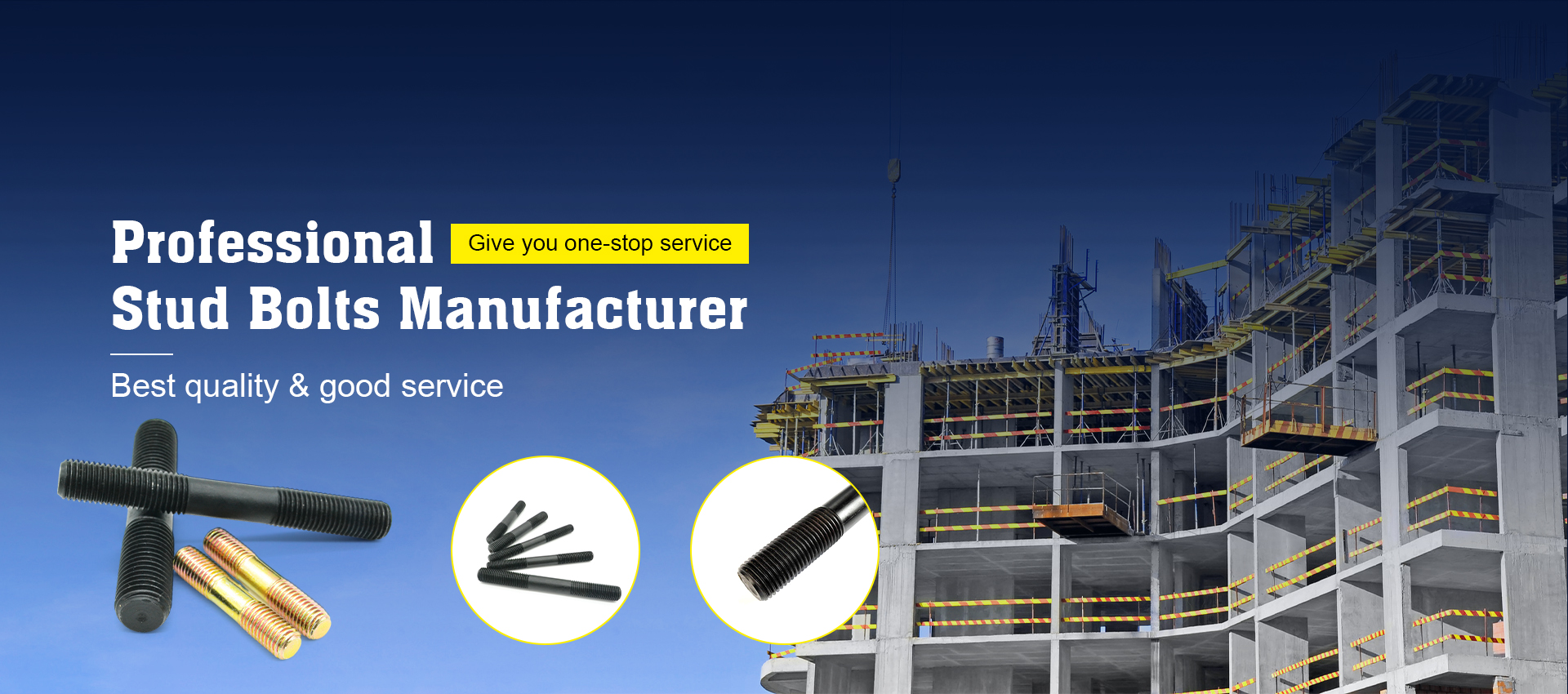Essential Guide to Choosing the Right Bolts for Water Pump Installation and Maintenance
Nov . 29, 2024 21:28 Back to list
Essential Guide to Choosing the Right Bolts for Water Pump Installation and Maintenance
The Importance of Water Pump Bolts Understanding Their Role and Maintenance
Water pumps are essential components in various systems, including vehicles, industrial machinery, and heating systems. They are responsible for circulating fluids, maintaining temperature, and ensuring that systems operate efficiently. One of the often overlooked aspects of water pump functionality is the role of water pump bolts. These small yet crucial components are integral to the performance and longevity of water pumps. In this article, we will explore the significance of water pump bolts, the factors affecting their performance, and best maintenance practices to ensure they function optimally.
Understanding Water Pump Bolts
Water pump bolts are specialized fasteners used to secure the water pump to the engine block or other mounting surfaces. Typically made from durable materials such as steel or stainless steel, these bolts must withstand significant stress and temperatures. The bolts ensure that the water pump is held firmly in place, preventing any leaks or misalignment that could lead to ineffective fluid circulation.
The Role of Water Pump Bolts
The primary role of water pump bolts is retention. They keep the water pump sealed tightly against the engine block, which is critical for maintaining the integrity of the cooling system. Any loosening or failure of these bolts can result in coolant leaks, reduced pressure, and overheating, potentially causing severe engine damage. Moreover, proper bolt torque is essential; it ensures that the water pump remains aligned during operation, which is necessary for optimal performance.
Factors Affecting Water Pump Bolt Performance
Several variables can influence the effectiveness of water pump bolts
1. Temperature Variations Water pumps operate in high-temperature environments, causing metals to expand and contract. Excessive heat can weaken bolts over time, leading to fatigue and failure.
2. Corrosion Exposure to coolant, which may contain corrosive agents, can deteriorate bolts. Corrosion not only weakens the structural integrity of the fasteners but can also affect their ability to maintain proper torque.
3. Vibration Engines and machinery generate significant vibrations that can loosen bolts over time. Regular operation can lead to gradual loosening, making periodic checks essential.
water pump bolts

4. Improper Installation Incorrect torque specifications during installation can lead to either overtightening or undertightening. Both scenarios can cause issues; overtightening can strip threads or break the bolt, while undertightening may result in leaks.
Maintenance Practices
To ensure the longevity and effectiveness of water pump bolts, consider the following maintenance practices
1. Regular Inspections Check the water pump and its bolts for signs of wear, rust, or corrosion. Look for leaks around the pump area, which could indicate that bolts are loose or damaged.
2. Torque Checks Verify that the water pump bolts are tightened to the manufacturer’s specifications. This should be done during regular vehicle or equipment maintenance.
3. Use Anti-Seize Compounds Applying anti-seize lubricants to the threads of the bolts can help prevent corrosion and make future removals easier. This is particularly important in environments prone to moisture or chemicals.
4. Replace Worn Bolts If any bolts show signs of significant wear or are corroded, replace them promptly. Using OEM (original equipment manufacturer) bolts is advisable to ensure compatibility and performance.
5. Monitor Performance Observe the cooling system and be alert to any changes in temperature or performance. If overheating occurs, it may be a sign of a problem with the water pump or its bolts.
Conclusion
Water pump bolts may be small components, but their significance cannot be overstated. Properly functioning bolts are vital for the efficiency and reliability of water pumps in various applications. By understanding their role and implementing effective maintenance practices, you can prolong the life of your water pump and avoid costly repairs down the line. Regular checks, torque verification, and timely replacement of damaged bolts will contribute to a well-functioning cooling system, ensuring optimal performance in vehicles and machinery alike. Remember, when it comes to water pump maintenance, don’t overlook the power of the humble bolt!
Latest news
-
High-Quality Panel Stud Bolt Reliable Panel Stud Bolt Factory & Suppliers
NewsJul.08,2025
-
High-Precision Fine Thread Locknuts Manufacturer & Supplier Custom Solutions
NewsJul.08,2025
-
PH Imperial Stud Bolt – High Strength Fasteners from Leading Supplier & Factory
NewsJul.07,2025
-
High-Quality Allen Wrench Bolts Leading Factory, Company & Suppliers
NewsJul.07,2025
-
Wholesale Ball Stud Bolt - High Quality Supplier & Factory Price Reliable Wholesale Ball Stud Bolt Company
NewsJul.06,2025
-
High-Strength Alloy Bolts Manufacturer & Supplier Quality Alloy Fasteners Factory
NewsJul.06,2025
